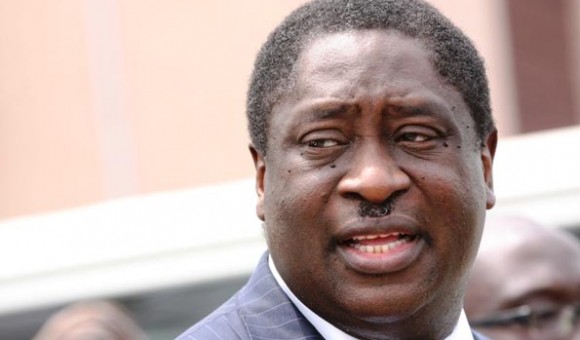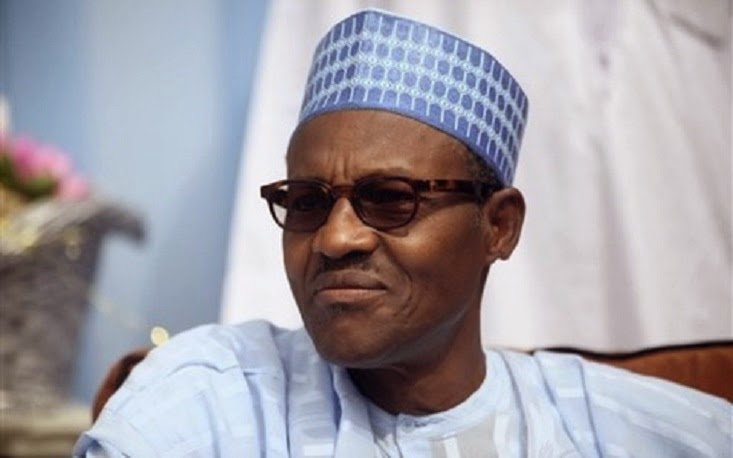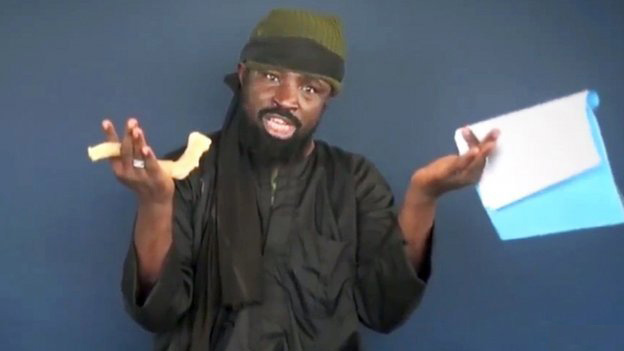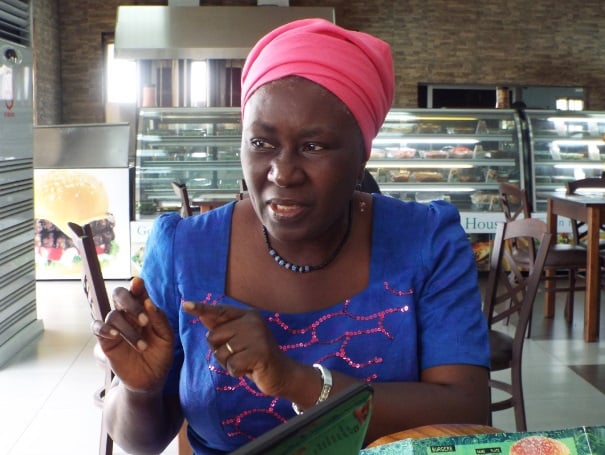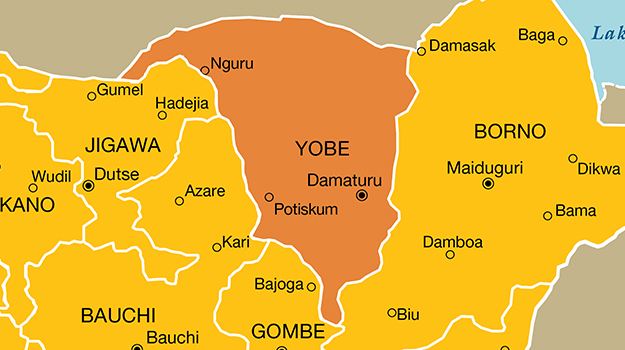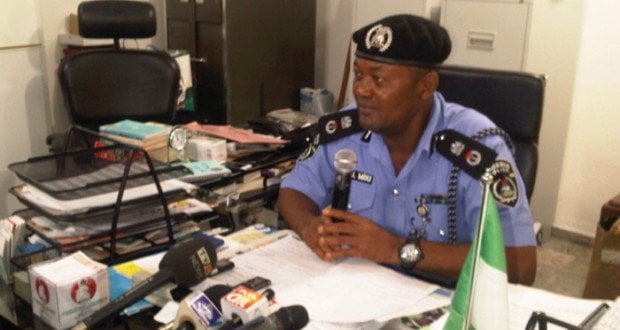A Lagos state high court has cleared Wale Babalakin, chairman of Bi-Courtney Nigeria Limited, of the N4.7 billion fraud levelled against him by the Economic Financial Crime Commission (EFCC).
EFCC had alleged that Babalakin laundered the money on behalf of James Ibori, former governor of Delta state.
The anti-graft agency also arraigned Alex Okoh and their companies on a 27-count charge bordering on conspiracy, retention of proceeds of criminal conduct and corruptly conferring benefit on account of public action.
But the defendants had appealed that the presiding judge sets aside the case on the ground that the EFCC lacked valid fiat to prosecute them in a state high court.
Advertisement
In his ruling, Lawal-Akapo, the presiding judge discharged and acquitted them, saying that the EFCC had not disclosed enough information to sustain the allegation made against Babalakin and his co-defendants.
He based his judgment on four issues, which are: whether the EFCC could prosecute defendants without fait, whether James Ibori is a public officer, whether two prosecuting authorities could jointly sign a charge, and whether the charge on the surface contained sufficient information.
The judge resolved three of the issues in favour of Babalakin and his co defendant, and only upheld that the EFCC had the power to prosecute a matter in court without fiat.
Advertisement
However, the EFCC has vowed to appeal against the ruling.
Wilson Uwajaren, the commission’s head of media and publicity, said the ruling is being studied.
“The attention of the Economic and Financial Crimes Commission has been drawn to the ruling today by a Lagos high court, presided over by Justice Lateef Lawal-Akapo, discharging and acquitting Wale Babalakin, and three others of a 27-count charge of fraud, conspiracy, and retention of proceeds of criminal conduct brought against them by the commission,” he said.
“The EFCC will avail itself of all available options, including the right of appeal, after careful study of the ruling.”
Advertisement
Add a comment

